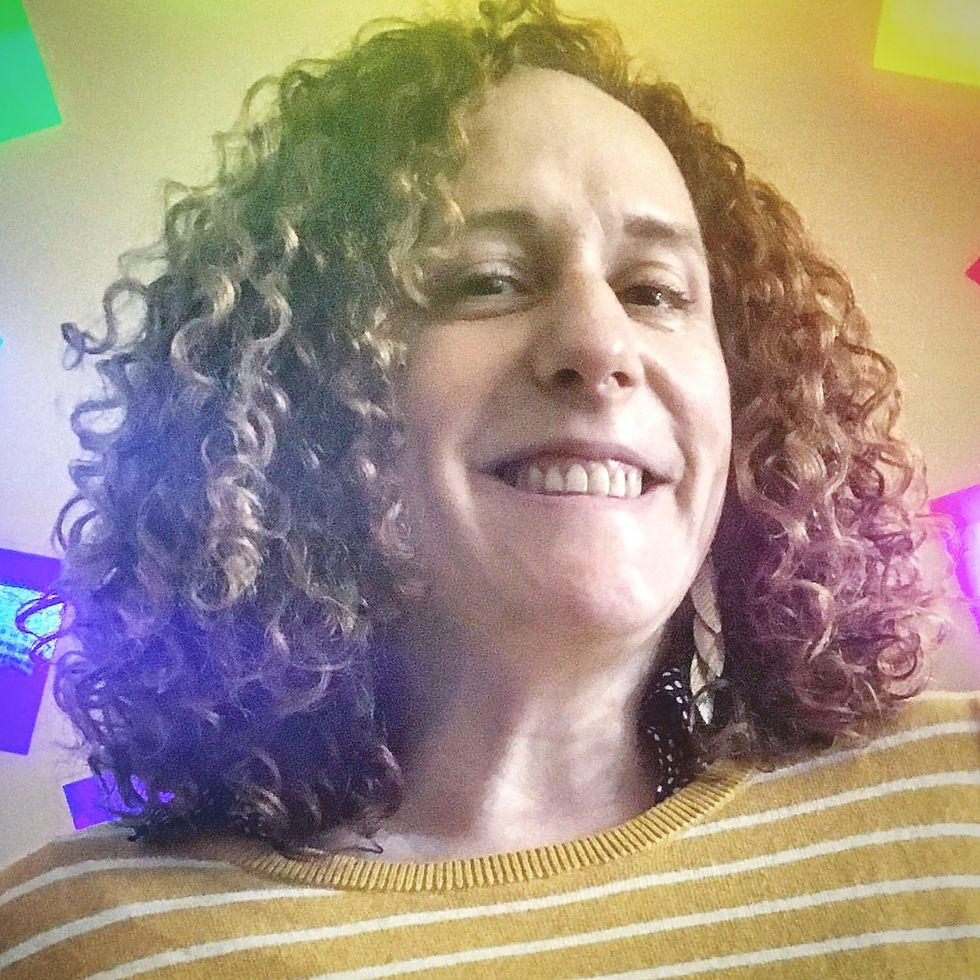Mental Health, Aging, and the Family
- Austin STRONG: RBC
- Jan 21, 2019
- 3 min read

Part 3: Finding Support for Caregivers and Families of People with Dementia
**This is part 3 in a three part blog on mental health and aging. Click here for parts one and two.**
Many of the topics that the person with dementia needs to process are also topics that their family needs to contemplate, too. The family’s role changes as the illness becomes more severe. At the onset, role shifts typically are pressing; later though practical concerns become the focus.
This is the third of three blog posts on dementia and well being. The first post was a general introduction. The second post focused on issues that a counselor can help a newly diagnosed person with dementia work through. This post focuses on the family. It will cover how the family’s makeup changes with the illness, the complicated emotions that arise from taking care of someone with dementia, safety concerns, when and how to help the person with dementia, and long-term planning that the family should prepare itself for.
Family Dynamics
Usually, one of the earliest changes that the family needs to contend with is how the family dynamics shift once the loved one gets a dementia diagnosis. A family’s level of acceptance has a huge impact on the person with dementia’s well being. It is valuable to keep in mind that conflict can arise at this time. Dealing with this strain and learning new ways to communicate can be the focus of family therapy. Additionally, emotions including frustration, anger, sadness, fear, and grief may be high during this transition. A skilled therapist can help you identify, focus on, and accept these sentiments.
As the disease progresses the family will need to make decisions that will affect both the family and the person with dementia. The delicate matter of how to offer assistance to the person with dementia can be explored in counseling. Honoring the person with dementia when the need to ask for aid arises and similarly recognizing areas wherein a person or their caregivers may need additional help is critical.
Safety and Autonomy
Practical matters will become more crucial as the disease progresses. Physical safety may become an issue; for instance, finding ways to help loved ones remember to monitor pots that are left on the stove or to lock their doors at night. Deciding how much access to automobiles a person with dementia has might be a contentious topic. Having one’s keys taken away may symbolize far more than just transportation. Overseeing that medications are taken is another matter that will need to be discussed. Discovering what insurance will and will not pay for is often eye opening.
Other topics that will need to be covered are legal, financial, and healthcare. Legal matters like advanced medical directive and power of attorney will need to be decided. How household finances are managed and by whom can be a sticky subject. Additionally, it needs to be addressed that this particular population is often targeted for fraud. Taking steps to manage this issue is crucial. Living arrangements might need to be altered in order to accommodate both the caregivers and the person with dementia. Ultimately, end of life care will also need to be central to discussion at this time. All of these topics can be sensitive, emotionally-laden, and difficult to navigate. Having a safe place to process these topics and come to a resolution in a supportive way is a benefit of attending family therapy at this time.
Resources
There are a lot of ways in which a dementia diagnosis impacts a person, their loved ones, and the family unit. Helping families navigate the transitions that occur once a person is diagnosed with dementia is what family therapists are trained to do. There are also support groups that can provide needed respite and emotional support for the caretakers of those with Alzheimer's. One local resource is https://www.elderoptionsoftexas.com/Services/Austin/caregiver-support-groups
This can be a difficult time for a family, but there is help! If you or a loved one is being impacted with a diagnosis of dementia or mental decline due to aging and would like some support, please reach out to our team. We have a group of trained family therapists and counselors who offer individual and family sessions to help you and your loved ones navigate the transitions in your life while keeping you and your family STRONG.
--

This is part three in a three part series on Mental Health and Aging by Karen Goldsum, M.A. , LPC-I for Austin STRONG: Relationship Building Center.
If you or your loved one is needing support and therapy around a recent or ongoing diagnosis of dementia, please reach out..
You can book a free phone consultation with Karen through the booking portal at www.austinstrongrbc.com/book-online-1 or contact her via email at karen@austinstrongrbc.com







Comments